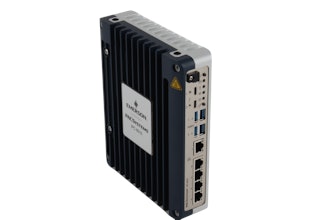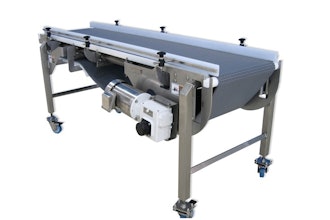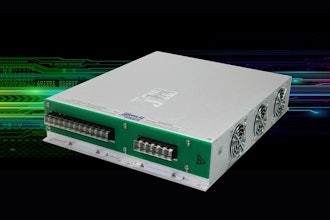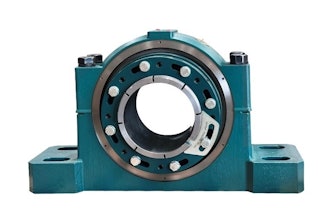
Bitcoin might be on a record bull-run but not all is well for the king of crypto. In order for Bitcoin to function, it needs miners to operate powerful computers. Rising demand has increased the strain on the network. And now cryptocurrency miners are experiencing the pains of a severe chip shortage that has blighted other sectors like the automotive industry. Why is this such a big problem for Bitcoin? What can be done about it?
One of the quirks of Bitcoin, and many other blockchains, is that they require miners in order to validate transactions. When you want to send BTC from one wallet to another, the transaction needs to be added to a block in order to be validated. In order to validate that block, powerful computers, typically with strong video cards, are necessary in order to solve complicated transactions. These computers are rewarded for their efforts with freshly minted Bitcoin.
This normally works relatively well. But when the number of BTC transactions increases rapidly, the network becomes congested. This means that more processing power is needed in order to effectively operate the blockchain. Additionally, the difficulty of processing transactions increases as time goes on, which means that more efficient (or just more) computers are needed in order to remain competitive.
At the moment, a lot of BTC mining is undertaken by professional mining farms. These confusingly named entities are essentially giant server-rooms filled with application-specific integrated circuit (ASIC) machines. As their name implies, these machines require highly specialized chipsets. If the prices of these chips goes up, the cost of expanding a BTC mining operation could become untenable.
Shortages Look Set to Stay
The challenge for crypto enthusiasts is that chip supply shortages look set to continue. One of the largest Bitcoin mining gear suppliers, Bitmain, is sold out until at least August 2021. This has led to skyrocketing prices with some of the more popular gear experiencing markups of more than 45 percent.
This problem is not unique to the Bitcoin mining sector. Chip shortages have hit all sectors relying upon computers, with the automotive sector being particularly hard hit, where supply shortages could cost the industry more than $61 billion in 2021.
This problem is set to continue. Fitch Solutions, a data analytics firm, has predicted that chip shortages will continue to impact industries until 2023. If this is the case, what could happen to Bitcoin?
One possibility is that BTC mining itself will become unsustainable. There are other cryptocurrencies, such as Ethereum and Cardano, that are either flirting with Proof of Stake, or have already implemented it. This consensus system relies upon token holders locking up a portion of their currency in order to process transactions rather than computers solving transactions.
Ethereum is already beginning to make the switch as Proof of Work (PoW) is struggling under the popularity of the network. However, the process could take months or even years before it comes into effect. The shortage of new ASICs could help inject urgency into the Ethereum project’s efforts, as transaction costs are already beginning to render the network unusable for the majority of users.
If Ethereum is able to successfully transition from Proof of Work to Proof of Stake, this may provide a roadmap for Bitcoin to do the same. That being said, it would cause significant tensions for miners, and in the short term at least, BTC traders and investors may be forced to accept the fact that they will be stuck with slow and expensive transaction times for the foreseeable future.






















